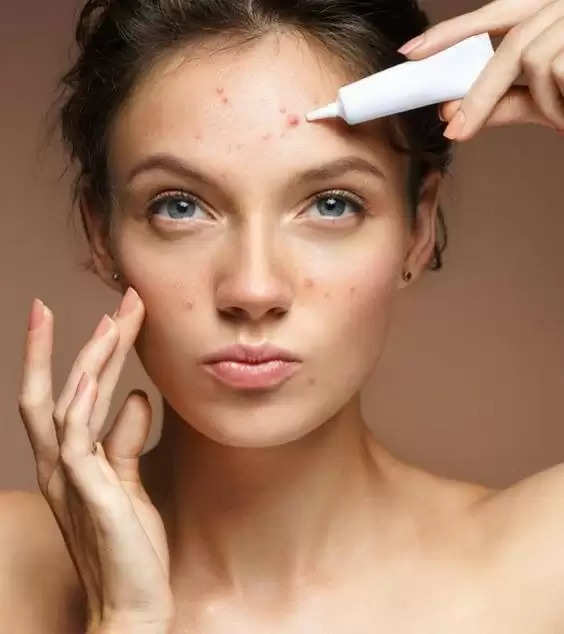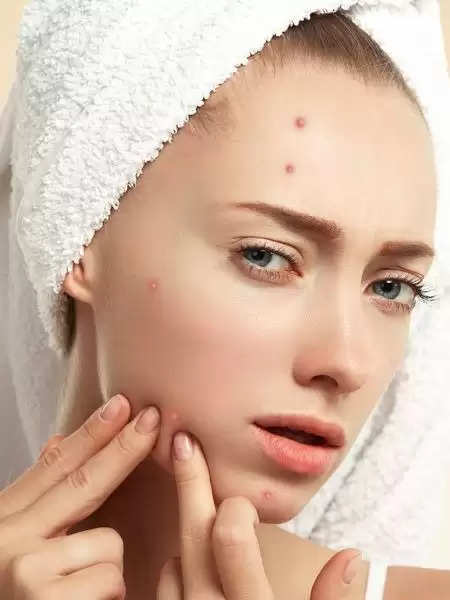Breaking Out? Blame It on Hormones: Discover the 5 Culprits of Hormonal Acne
One thing that never fails to annoy any woman on the planet regardless of her uniqueness is undoubtedly acne - especially if it sticks to its bad habit of showing up during the more "social" days of their lives. After all, pimples are not only physically painful, but also visually, right? However, the acne problem isn't as shallow as we've just made it out to be—it actually goes deep into the skin.

One thing that never fails to annoy any woman on the planet regardless of her uniqueness is undoubtedly acne - especially if it sticks to its bad habit of showing up during the more "social" days of their lives. After all, pimples are not only physically painful, but also visually, right? However, the acne problem isn't as shallow as we've just made it out to be—it actually goes deep into the skin.

Acne can be your body's way of signaling that something is wrong
Google acne and you'll know that it's usually defined as a skin condition caused by inflamed or infected oil-producing glands.

But our sebum glands go into overdrive?
Why hormones of course! Many times, it's our hormones that wreak havoc on our skin. Here, we round up the top offenders for you to check out:
Culprit #1: Estrogen
Fortis Escorts Consultant Dermatologist-Cosmetologist Dr. Venkatesh Purohit explains, "When estrogen levels in the body drop—especially a few days before a period—it prompts the sebaceous glands to produce more oil, which increases the likelihood of acne breakouts." Hospital, Jaipur
Culprit #2: Testosterone
The so-called "male" hormone acts to maintain reproductive tissue and bone mass in the female body.
However, Columbia Asia Hospital dermatologist Dr. Bhavuk Mittal says: "Oil glands are sensitive to testosterone and in case of excess testosterone in the body it can produce more oil, thus causing acne."
Culprit #3: Progesterone
Progesterone, produced by your ovaries, maintains the lining of the uterus. But fluctuations in its levels can cause acne.
“Progesterone levels rise mid-cycle and can increase sebum production. It can also cause your skin to swell and constrict your skin pores, leading to sebum build up beneath the skin's surface,” explains Dr Mittal.
Culprit #4: Growth Hormone
Secreted by the pituitary gland and responsible for bone and tissue growth in the body, this hormone also plays a role in this game.
Culprit #5: Insulin
The same article also mentions an increase in insulin as a key factor in increasing sebum production by making your sex hormones more active.
